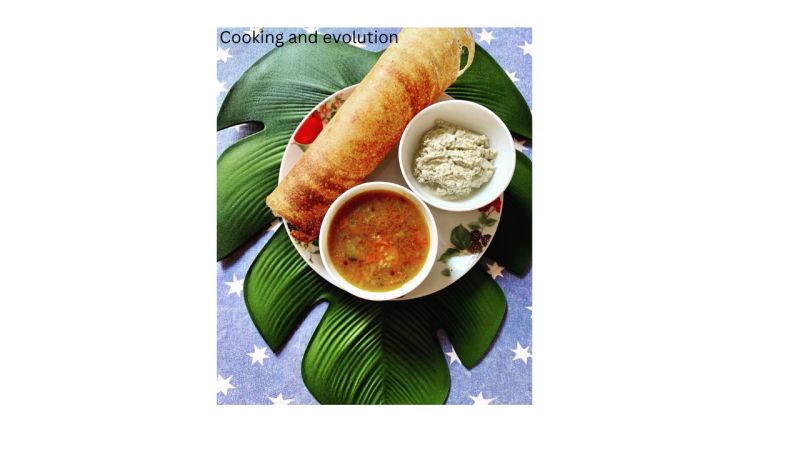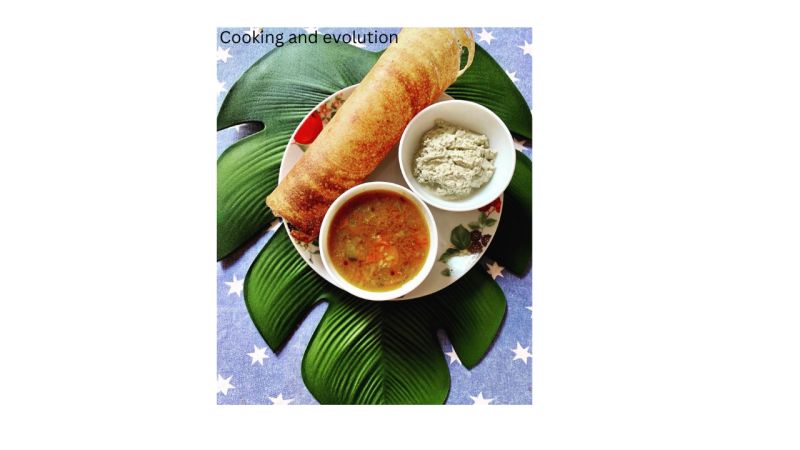How Cooking Shaped Human Evolution: Lessons from Hunter-Gatherer Societies
How cooking led to evolution – Insights from hunter gatherer societies
If given the opportunity to Time Travel and envision life 20,000 years ago, we would encounter a scenario where securing sustenance posed a constant challenge. Imagine stumbling upon an animal suitable for consumption; however, delaying its consumption risked it being devoured by other predators or rendered inedible the next day.
Then came the discovery of fire—a pivotal moment in our history. With the newfound ability to cook, we gained the means to prepare meals, nourish our offspring, and sustain our families. In many hunter-gatherer societies, the division of labor sees women predominantly engaged in the gathering, preparation, and cooking of staple foods, while men take on the role of hunters. Cooking, traditionally, has been viewed as a predominantly female activity, except on occasions when men orchestrate ritual feasts or tend to snacks over an open flame—a dynamic reminiscent of contemporary culinary practices, where men might be found grilling barbecue or renowned chefs like Gordon Ramsay showcase their skills.
On average, both genders contribute similarly in terms of caloric intake. For instance, among the Inuit, men acquire the majority of food, while among the Kalahari Khoisan people, women take on this role. However, the overarching principle remains the same: men and women specialize in distinct tasks and subsequently share the fruits of their labor. Cooking, in essence, fosters a division of labor along gender lines. Across various foraging societies, a pattern emerges: men hunt while women and children gather.
For example, Hiwi women in Venezuela embark on foot to unearth roots, gather legumes, and harvest honey, whereas men engage in hunting or fishing. Ache men in Paraguay pursue game like pigs, armadillos, and deer, while women focus on gathering insects, roots, and processing starch. Similarly, Hadza women in Tanzania gather fruits and nuts, while men hunt antelope and so on..
An evolutionary contract seems to have been established—men provide meat and protect the fire, while women contribute vegetables and take on the bulk of cooking duties. However, it’s essential not to misinterpret this as confining women solely to domestic roles. In fact, women often undertake strenuous tasks in hunter-gatherer societies.
Did this division of labor aid certain African populations in surviving megadroughts or volatile climates? Perhaps. By specializing and exchanging goods and services between genders, they likely developed a propensity for inter-band cooperation, gradually extending this principle to specialization within and between bands. However, such interactions were fraught with risk, as mistrust often led to conflict. It appears that around 82,000 years ago, humans overcame this hurdle and began engaging in bartering—an essential step in our societal evolution.
hashtag#humanevolution hashtag#farmantra hashtag#cfoinsights hashtag#valuecreation
The rational optimist – Matt Ridley




